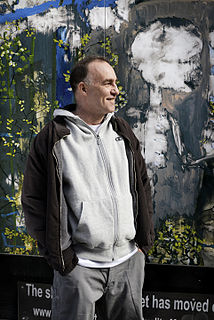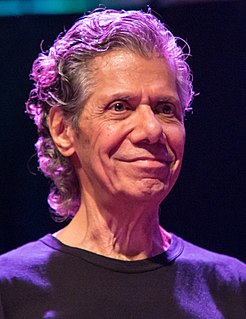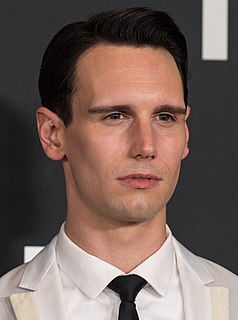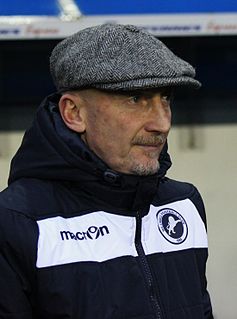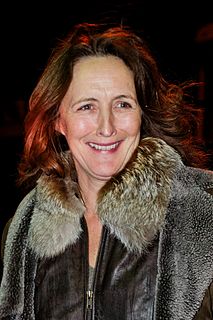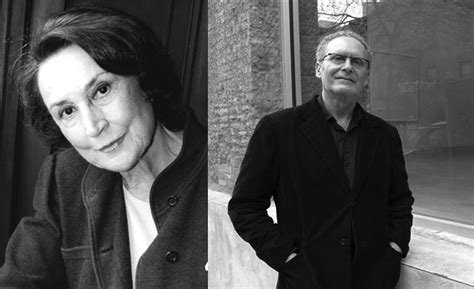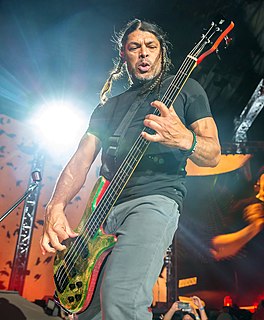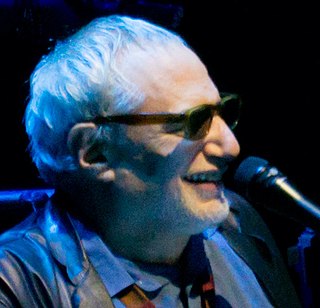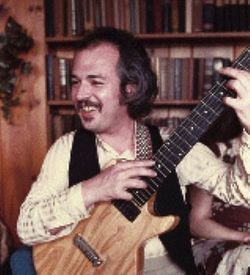A Quote by Roberta Flack
Bill Evans is a real serious jazz pianist who, in my book, crossed over boundaries in terms of color. He used the piano as his canvas.
Related Quotes
Art wasn't for selling. Actually, we once did have an offer on Double Negative. Things could be sold actually - everything could be for sale. But we had very few buyers. I think it was Michael Heizer who said that the point was to have a bigger canvas, and I've used that expression quite a bit. But I was thinking today that a canvas has boundaries; it has limit to it. And for earthwork, it was the very openness and feeling that there were no boundaries that made it so exciting.
One of the most obvious aspects of the music to people who know jazz is: How does it feel in the swing? These are things that are very subtle and that jazz musician appreciate in a particular way. I appreciate the way Tommy Flanagan swings, the way that Barry Harris swings, the great pulse that Hank Jones and Bill Evans have - end every one of them is different.

